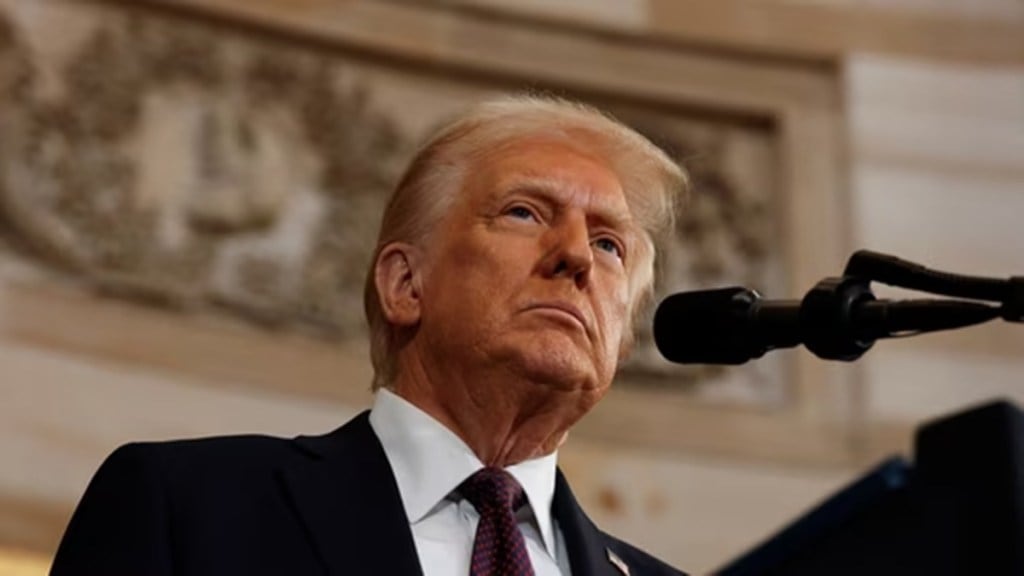US President Donald Trump has announced a 25% tariff as well as secondary sanctions for India starting from August 1. He accused New Delhi of having “the most strenuous and obnoxious non-monetary trade barriers” of all countries and cited its ties with Russia to explain the decision. The POTUS insisted that the country remained a “friend” — while repeatedly flagging the “massive” US-India trade deficit.
‘Most obnoxious non-monetary trade barriers’
“Remember, while India is our friend, we have, over the years, done relatively little business with them because their Tariffs are far too high, among the highest in the World, and they have the most strenuous and obnoxious non-monetary Trade Barriers of any Country. Also, they have always bought a vast majority of their military equipment from Russia, and are Russia’s largest buyer of energy, along with China, at a time when everyone wants Russia to stop the killing in Ukraine — all things not good! India will therefore be paying a tariff of 25%, plus a penalty for the above, starting on August first,” he wrote on Truth Social.
The US Census Bureau had previously reported that the country ran a $45.8 trade imbalance in goods with India last year — meaning it imported more than it exported.
‘August 1 deadline stands firm
Trump also confirmed that the August 1 deadline for reciprocal tariffs would not be extended further — indicating that the newly imposed sanctions against India will come into effect from Friday.
“The August first deadline is the August first deadline — it stands strong, and will not be extended. A big day for America!!!” he wrote on the social media platform.
What will be impacted by the 25% tariffs?
The impending tariffs will heavily impact Indian export of various electronic goods — including iPhones made in India — and raise prices for US buyers. The US is also the largest textiles market for India and accounts for more than 28% of exports. The tariffs are likely to shrink its competitive edge and threaten jobs in the industry. Tariffs will also erode margins for Indian gems and jewellery (especially polished diamonds) and disrupt the $9 billion export segment.
Tariffs will also disrupt Indian exports of automobile parts — with the US currently being its largest market. Hike in costs due to the levies will however reduce competitiveness and perhaps prompt authomakers to reconsider New Delhi in the their global supply chains.
India is a leading supplier of generic medicines to the US. Sector experts anticipate the hit will be cushioned by the high demand for low-cost generics, but pricing and market share could still be pressured.
